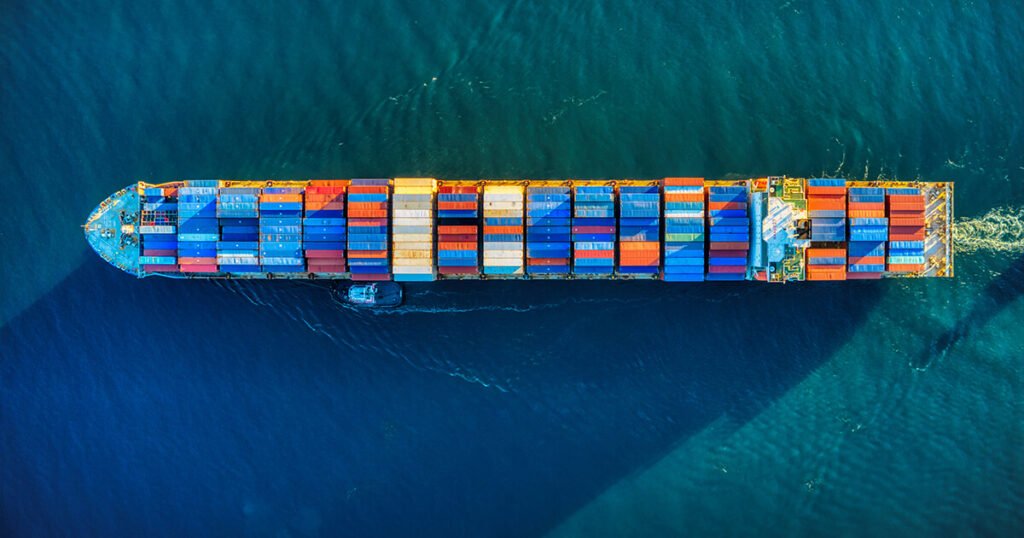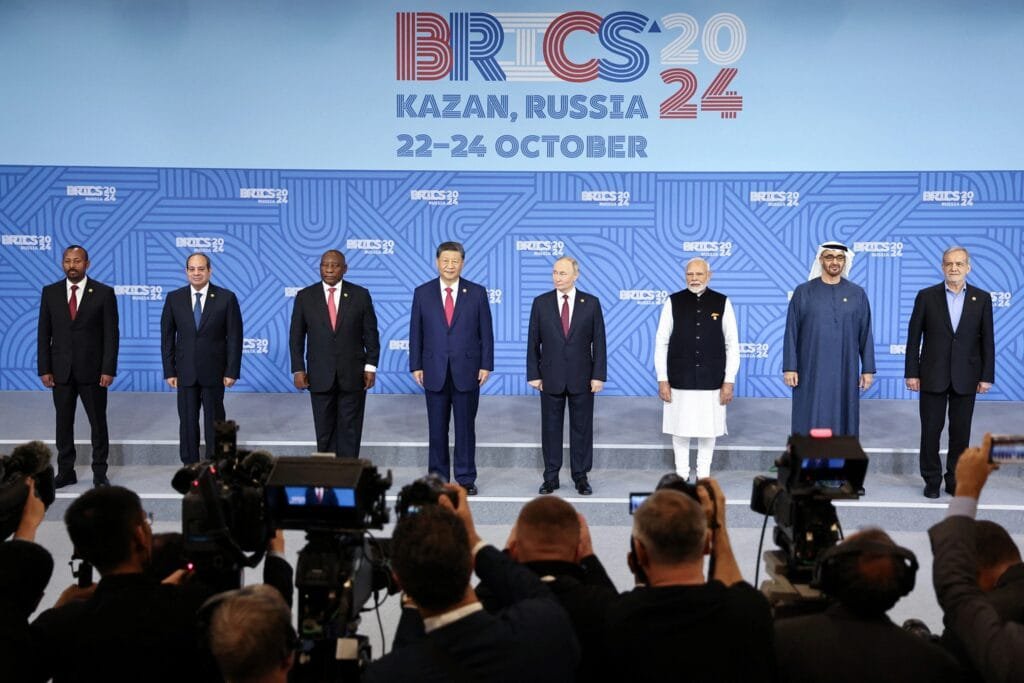In an era marked by economic unease, volatile trade relationships, and stubborn inflation, the business travel industry is defying the odds. The sector, once severely crippled by the COVID-19 pandemic, is now mounting a stunning comeback.
According to the latest projections, global business travel spending is set to soar to a staggering $1.57 trillion in 2025, reflecting a 6.6% year-over-year increase. This resurgence, though tempered by lingering uncertainties, signals a powerful shift in global commerce, corporate mobility, and the very nature of doing business across borders.
What makes this comeback truly remarkable is not just the dollar figure— it’s the resilience of a sector that has had to reimagine itself, adapt to new technological paradigms, and confront one geopolitical challenge after another. In many ways, this isn’t just a story about recovery; it’s a story about reinvention, resilience, and re-globalization.
A Skyward Trajectory in the Face of Global Headwinds
The road— or flight path— to this $1.57 trillion milestone has not been smooth. The COVID-19 pandemic grounded fleets, shuttered borders, and forced companies into a digital-first existence. Business travel was one of the hardest-hit sectors, and many pundits questioned whether it would ever fully return. The skeptics predicted that Zoom meetings and virtual conferences would become the permanent substitute for face-to-face interactions.
But business travelers, it seems, never lost faith.
Fast forward to 2025, and not only is business travel back, but it’s thriving— albeit in a smarter, leaner, and more strategic form. The increase in spending comes despite downward revisions from earlier forecasts, which once projected 2025 growth at 10.4%. That figure was trimmed to 6.6%, largely due to trade tensions, inflation, and slower-than-expected recoveries in key markets like the European Union.
Still, even this moderated outlook is incredibly robust given the macroeconomic backdrop. The United States, China, Germany, Japan, and the United Kingdom are leading the charge, with the U.S. alone expected to spend $395.4 billion on business travel this year, followed closely by China at $373.1 billion. Together, these two giants account for nearly 58% of global business travel spending, making them the engines of the industry’s growth.
Globalization 2.0: Business Travel Reinvented
What’s fueling this resurgence? The answer lies in a dynamic mix of factors, from post-pandemic economic recovery and rising corporate confidence to the restructuring of global supply chains and tech-powered travel efficiency.
The new era of business travel is more intentional than ever. Gone are the days of excess and redundancy. Today’s business traveler is data-driven, cost-conscious, and digitally equipped. Companies are leaning heavily into AI-powered booking systems, automated expense management tools, and mobile payment solutions to streamline the travel experience. These technologies are not only enhancing compliance and budgeting— they’re also enabling smarter decision-making at every stage of the journey.
Over 67% of travelers now use automated expense management systems, and 64% rely on mobile wallets for corporate expenditures. This digital transformation is shaping the future of travel, making it more accessible, more efficient, and— crucially— more adaptable to the complexities of the modern economy.
Economic Risk Still Looms— But Confidence Prevails
Even with the excitement surrounding this trillion-dollar milestone, caution still permeates the air. The global economy remains in flux, with inflationary pressures eroding purchasing power and trade tensions disrupting supply chains. The U.S.-China relationship, in particular, continues to influence the ebb and flow of international business engagements.
Moreover, the pace of recovery in Europe has been uneven. Countries like Spain and the Netherlands have seen stagnating or even declining business travel activity due to broader economic slowdowns and uncertain trade policies.
Despite these headwinds, confidence in business travel remains astonishingly high. A recent survey of over 7,300 business travelers found that 86% believe their trips are valuable, and more than 80% are traveling as much or more than they did before the pandemic. The average spend per trip has also surged, reaching $1,128, compared to $834 the previous year.
In short, the appetite for face-to-face interactions, international deal-making, and in-person collaboration hasn’t waned—it’s evolved.
The Sectoral Shake-Up: Who’s Spending and Why
Not all industries are participating equally in this rebound. The business travel landscape is seeing significant divergence by sector.
Manufacturing and wholesale trade, which together make up nearly a third of total global business travel spending, are under pressure. These sectors remain vulnerable to global supply chain disruptions and the unpredictable terrain of trade wars. As such, their recovery has been more cautious, and in some cases, spending is contracting slightly.
On the other hand, professional services, arts and entertainment, and IT sectors have demonstrated remarkable resilience. With the rapid digitalization of the global economy, these industries have not only resumed travel— they’ve surpassed pre-pandemic spending levels. In particular, the information and communication sector is expected to experience some of the strongest growth, thanks to investments in global infrastructure and high-tech collaboration tools.
Similarly, the mining sector, bolstered by resource demand and infrastructure projects, is also expanding its business travel footprint. In contrast, agriculture faces a tougher road ahead, with shrinking access to export markets and persistent disruptions in trade policy hampering travel needs.

The Geopolitical Equation
It would be remiss to explore the revival of global business travel without addressing the complex geopolitical undercurrents shaping the industry’s trajectory. At the heart of the matter lies the fragility of global trade frameworks— complex systems that continue to be tested by rising protectionism, unpredictable trade negotiations, and shifting alliances. Uncertainty surrounding tariffs, export controls, cross-border regulations, and sanctions regimes creates an uneven playing field for multinational corporations, which must carefully weigh the risks associated with international engagements. These uncertainties pose the single greatest threat to sustained growth in business travel, making geopolitical awareness a strategic necessity for global firms.
From the simmering U.S.-China trade tensions to the lingering effects of Brexit, today’s business travelers are increasingly being pulled into the gravitational field of macroeconomic power plays. The U.S. and China— two of the largest drivers of global travel spending— continue to lock horns over intellectual property rights, technology transfer policies, and market access, all of which have ripple effects across the global business landscape. Similarly, in post-Brexit Europe, unresolved regulatory issues continue to complicate business mobility between the United Kingdom and the European Union. These geopolitical disputes can translate into visa challenges, travel restrictions, or shifting investment priorities, all of which affect how— and where— companies choose to send their employees.
As a result, many companies are adopting a more cautious and calculated approach to international business travel. Regionalization has become a key strategy: instead of relying solely on transcontinental routes, businesses are increasingly investing in regional offices and trade networks closer to home. Diversified trade routes— both in logistics and human capital deployment— are seen as buffers against geopolitical volatility. This recalibration allows firms to mitigate risk while still maintaining a physical presence in key markets, proving that agility and strategic foresight are now critical components of travel planning.
Encouragingly, this shift is also opening the door for emerging economies to play a more prominent role in global business travel. Countries like India, South Korea, and Turkey are rapidly evolving into business travel powerhouses, thanks to their strong economic growth, favorable demographics, and increasing integration into global value chains. India’s booming tech and services sectors, South Korea’s innovation-led exports, and Turkey’s strategic location between Europe and Asia have made them attractive hubs for international business dealings.
Corporate Strategies Changing
Perhaps the most understated, yet significant, evolution in business travel is its strategic reorientation. Companies are no longer traveling for travel’s sake. Instead, there’s a laser-sharp focus on ROI, sustainability, and employee well-being.
Many firms now apply carbon budgeting to business trips, reflecting a growing awareness of environmental impact. Sustainable aviation fuel, virtual meeting alternatives, and multimodal transport options are becoming staples in corporate travel policies.
At the same time, the shift to hybrid work models has altered how—and why—people travel. Trips are less about routine check-ins and more about milestone moments, such as product launches, strategic planning sessions, and high-value client engagements.
Business travel is no longer just about movement—it’s about momentum.
Looking Beyond 2025: The $2 Trillion Horizon
While the 2025 milestone is impressive, the long-term view is even more compelling. Projections now suggest that global business travel spending will exceed $2 trillion by 2029. That’s one year later than previously forecasted, but the direction remains clear: upward.
The delay isn’t discouraging analysts. On the contrary, many see it as a healthy recalibration— a reflection of the sector’s commitment to quality over quantity, efficiency over excess. And as more economies emerge, more industries digitize, and more trade routes diversify, the opportunities for business travel will only expand.
The world is witnessing the dawn of what many are calling Global Business Travel 2.0: A smarter, more sustainable, and more resilient version of the jet-setting, deal-making culture that has underpinned globalization for decades.
As the world tiptoes through inflation, political tension, and environmental reckoning, business travel offers a rare glimmer of clarity: human connection still matters!









